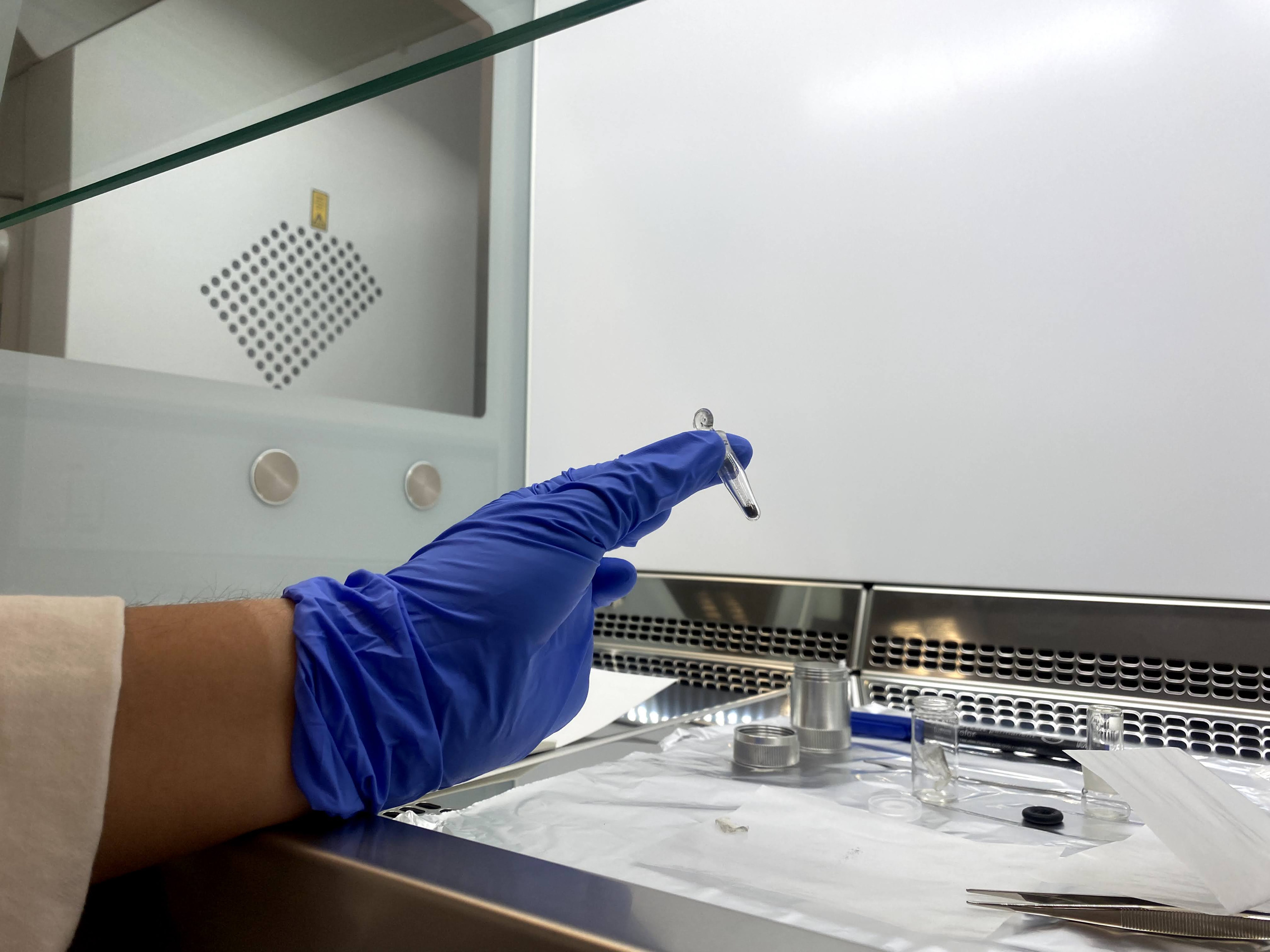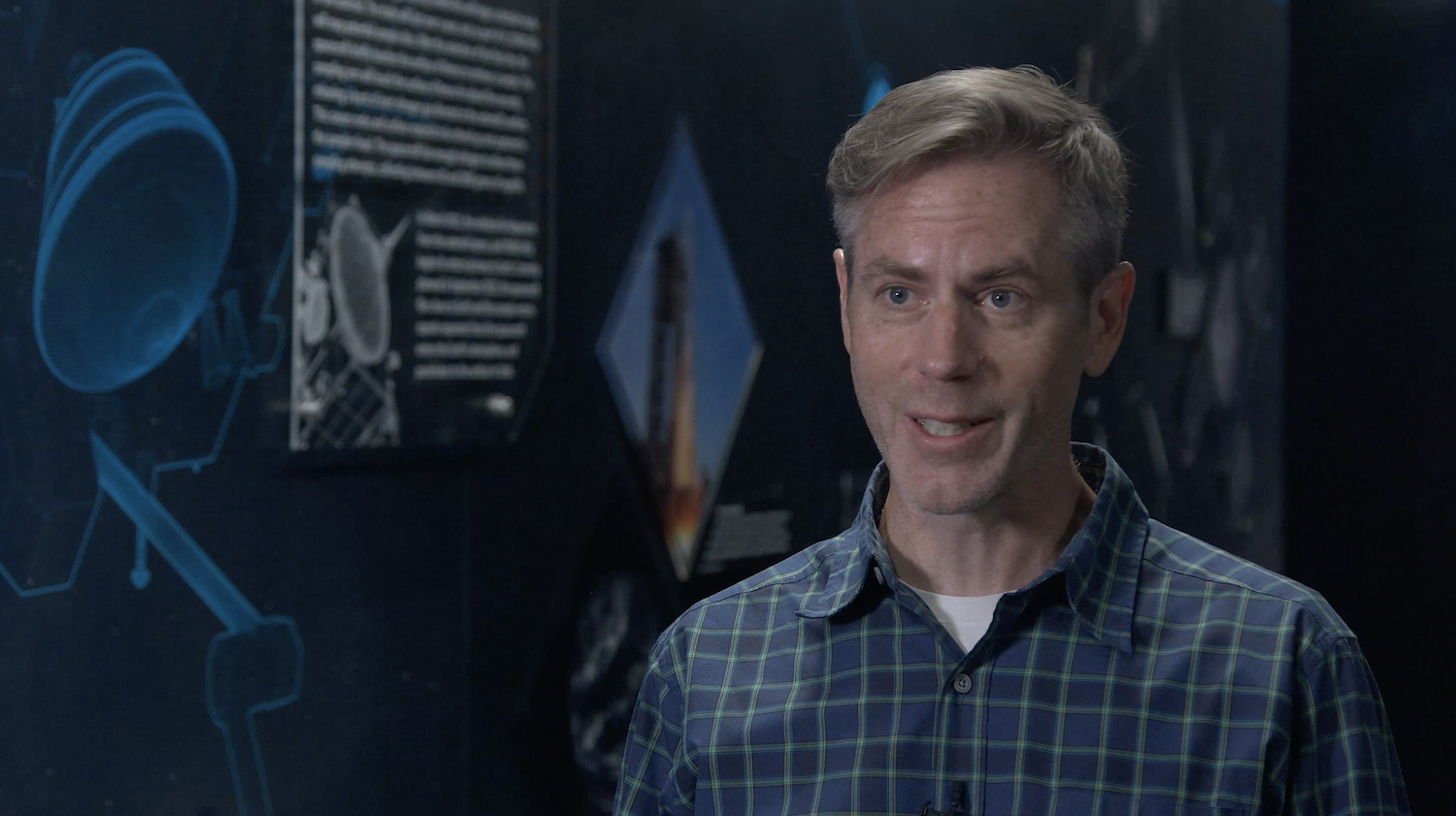EPEC Future Research Working Group
Let’s get early career researchers to the frontline of new science opportunities
What do you think the future of planetary science should look like? The path to a new successful science mission is often mysterious to young researchers because it involves different disciplines, priorities, constraints and stakeholders. Furthermore, recent trends in spaceflight could change the way things work. Want to be prepared for the future? Then come and join us on the frontline of new science.
Goal: The Future Research Working Group will shed light on the diversity of opportunities for future research (e.g. in different space agencies, governments, private enterprises…) and help early career scientists understand the process of developing future research and prepare them to play an active part in it (e.g. how to get from scientific question to flying future space mission).
Future Research Working Group Activities
The EPEC Future Research Working Group organises two events per year, one coinciding with the EPEC Annual Week and one with EPSC. We aim to address the following questions: What lessons can the young generation draw from previous missions? How are the major space agencies currently implementing their research program? How will new trends like commercial spaceflight and satellite miniaturisation change planetary science? And most importantly, how do you as a young researcher get involved?
If you want to be involved: contact epec.futureresearch@gmail.com
Interviews
Academia or industry? This is no doubt one of the topics that occupies the minds of early career scientists. The EPEC Future Research Working Group has been on a quest to gather some insights from people who has had success in the both sectors.
Articles
Voyage 2050 Viewpoints
The EPEC Future Research Working Group talked with three early career planetary science researchers who are lead authors on these white papers to find out more about how they got involved and what they think planetary science will look like in 2050. We hope that their insight will also prove useful to any early-career researchers looking to get involved with NASA’s Planetary Science and Astrobiology Decadal Survey 2023-2032.
EPEC Future Research Working Group
Ottaviano Rüsch (Institut für Planetologie, WWU, Münster, Germany)
Hans Huybrighs (Space Planet. Sci. Center, Khalifa University, UAE)
Prasanna Deshapriya (INAF, Rome, Italy)
Peter McArdle (Dep. Earth and Environ. Sci., University of Manchester, Manchester, UK)








